On the evening of February 10, US time, US President Donald Trump officially signed an executive order imposing a 25% tax on steel and aluminum imported into the country.
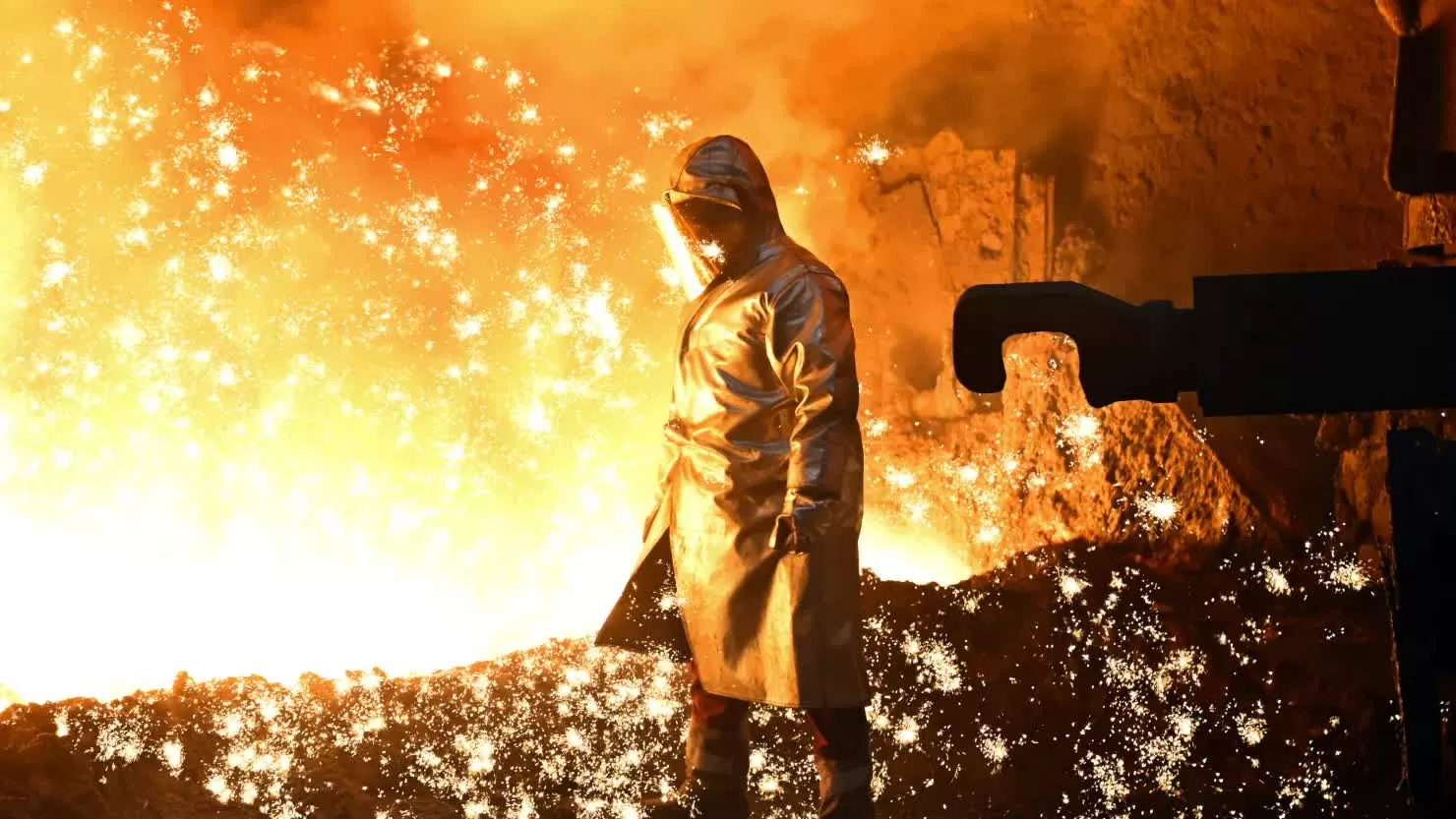 |
| US President officially imposes 25% tax on imported steel and aluminum. (Source: Getty Images) |
According to AFP news agency, speaking in the Oval Office when signing the decree, Mr. Trump affirmed: "Today, I have simplified our tariffs on steel and aluminum. The tariffs are 25% with no exceptions or exemptions." He also said he would consider imposing additional tariffs on cars, pharmaceuticals and computer chips.
President Trump's trade adviser Peter Navarro said the measures would help US steel and aluminum producers and strengthen economic and national security.
"Steel and aluminum tariffs version 2.0 will end foreign dumping, promote domestic production, and protect industries that are the backbone and pillar of the economy and national security," the official said.
According to Mr. Navarro, this is not just a trade issue but also to ensure that, "America never has to depend on foreign countries for important industries like steel and aluminum."
During his first term, Mr. Trump imposed tariffs of 25% on steel and 10% on aluminum, but later allowed some trading partners to be exempted under quotas, including Canada, Mexico and Brazil.
Former President Joe Biden extended these quotas to the UK, Japan and the European Union (EU), causing US steel mill capacity utilization rates to decline in recent years.
Since the start of his new term, US President Donald Trump has implemented many new tariffs and continues to threaten to impose tariffs on imported goods.
Mr Trump’s tariff announcements have ranged from low rates to tariffs in excess of 200%, leaving many countries and businesses uncertain about what will happen next. Part of his strategy is to impose blanket tariffs on all goods imported into the US.
These measures could create uncertainty for businesses and investors, and expose countries and US trading partners to risks related to tariffs and trade wars.
With the US's strong moves, global trading partners may retaliate by imposing tariffs on US agricultural, energy and machinery exports, potentially escalating into a global trade war and creating instability for businesses and investors.
Source: https://baoquocte.vn/tong-thong-my-chinh-thuc-ap-thue-25-doi-voi-thep-va-nhom-nhap-khau-tuyen-bo-khong-ngoai-le-mien-tru-303870.html































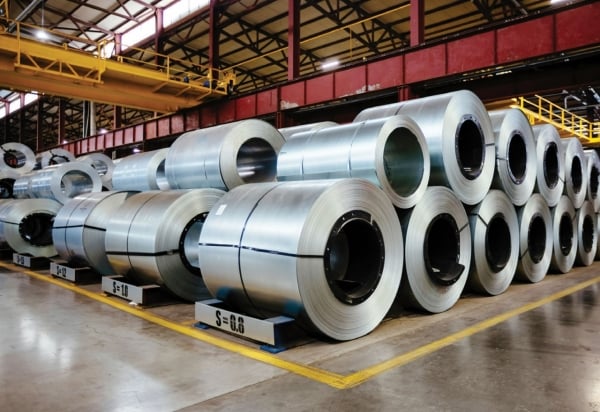
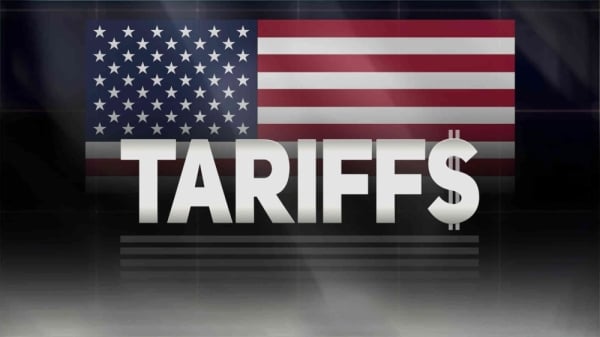

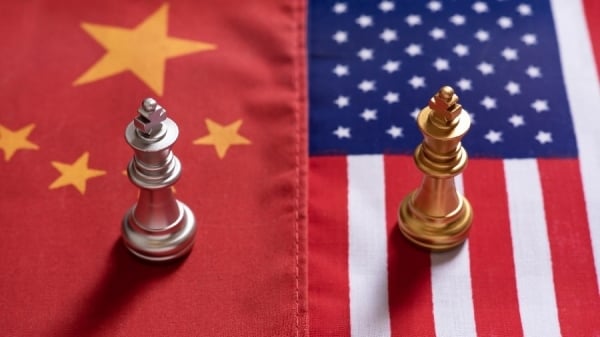

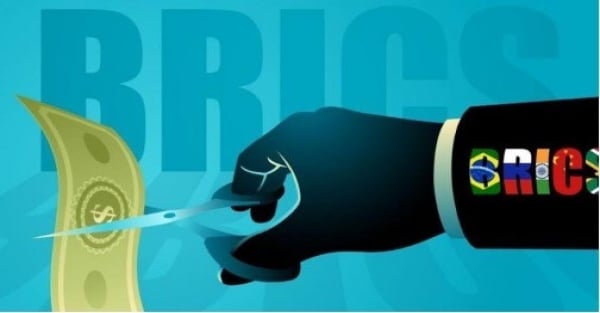




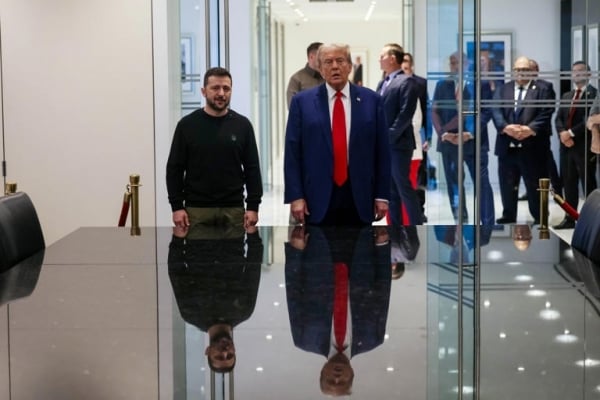














Comment (0)